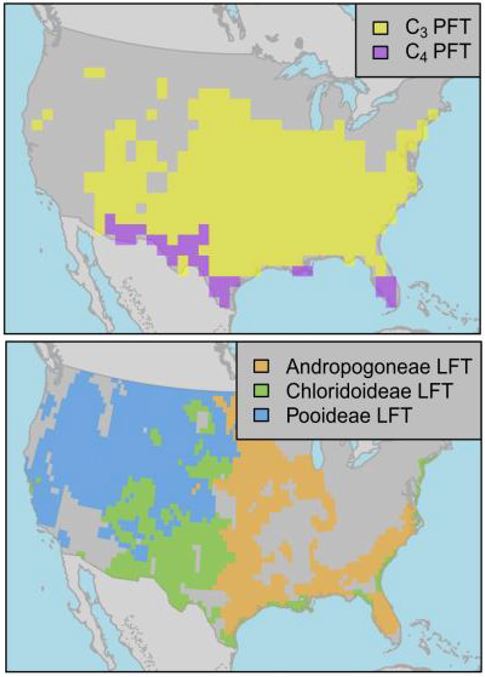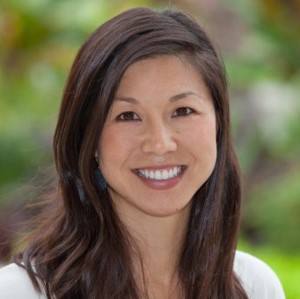

Speaker: Dr. Stephanie Pau
Associate Professor, Department of Geography, Florida State University
Thursday, October 29, 2020
2:50-3:50 PM (Period 8)
Zoom, livestreamed on YouTube
University of Florida
All are welcome to attend.
Grass-dominated ecosystems (grasslands and savannas) are tremendously diverse and play an important role in regional and global carbon, water, and energy cycling. However, grass species are underrepresented in plant trait databases and subsequently omitted in macroecology analyses and syntheses. Grasses are also overly simplified in Earth System Models (ESMs), which are critical for climate-related decision-making and policy. In this talk, I will discuss our framework for lineage functional types (LFTs), which incorporates evolutionary history, as an alternative to traditional plant function types (PFTs) for grasses (i.e., C3-C4). I will also discuss how we are using the National Ecological Observatory Network (NEON) to better understand grass-dominated ecosystems at regional and continental scales, as well as the limitations of NEON data.
Dr. Pau is an Associate Professor in the Dept. of Geography at Florida State University. Her M.A. and Ph.D. are in Geography from UC Los Angeles. She joined FSU after her postdoc at the National Center for Ecological Analysis and Synthesis (NCEAS). Her research addresses how species, communities, and ecosystem functions change through space and time using field surveys, remote sensing, and statistical modeling.
For more information, email Dr. Mike Binford at mbinford@ufl.edu